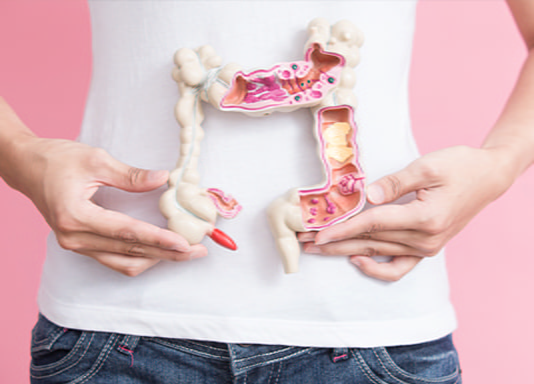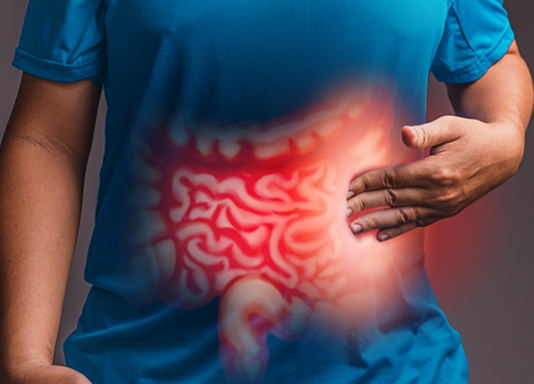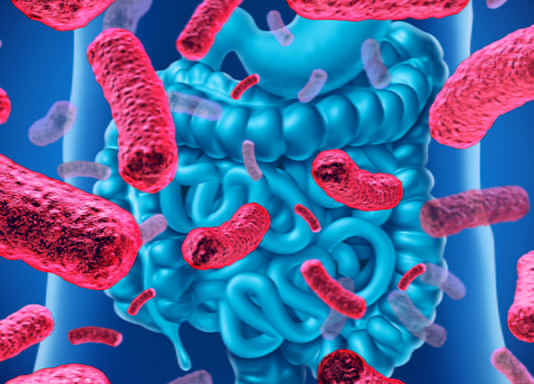A FODMAP Diet: Is It Right for You? Expert Advice on Managing Digestive Discomfort
Digestive discomfort is something many people silently struggle with. From bloating and gas to abdominal pain and irregular bowel movements, these symptoms can impact everyday life. If you’ve been looking for relief, you may have come across the FODMAP diet—a scientifically researched approach designed to improve digestive health and manage conditions such as Irritable Bowel Syndrome (IBS).
At German Medical Center, our nutrition and gastroenterology experts help patients find personalized solutions for better gut health. This article explains what the FODMAP diet is, how it works, and whether it could be right for you.
What Is the FODMAP Diet?
FODMAP stands for Fermentable Oligo-, Di-, Mono-saccharides And Polyols. These are short-chain carbohydrates found in many everyday foods. For some people, they are poorly absorbed in the small intestine and can cause bloating, pain, or changes in bowel habits.
The FODMAP diet is not a one-size-fits-all program. Instead, it’s a carefully structured process that eliminates certain foods for a period of time before reintroducing them to identify triggers.
Benefits of a Low FODMAP Diet
Research shows that following a low FODMAP diet can bring significant improvements for people with IBS and other digestive issues. Key benefits include:
- Reduced bloating and gas – Less fermentation in the gut helps ease discomfort.
- Improved bowel regularity – Helps manage both diarrhea and constipation.
- Better quality of life – Relief from persistent symptoms means less stress and anxiety about food choices.
At German Medical Center, our specialists create a personalized IBS diet plan that ensures your nutritional needs are met while addressing your symptoms.

Common High vs. Low FODMAP Foods
Here’s a quick look at some foods you may encounter during the diet:
- High FODMAP foods to limit: onions, garlic, apples, wheat, dairy products with lactose, beans.
- Low FODMAP foods to enjoy: bananas, blueberries, carrots, potatoes, rice, lactose-free dairy, lean meats.
It’s important to remember that while many of these foods are healthy, they may not suit everyone’s digestion. Choosing the right gut-friendly nutrition depends on your individual response.
Is the FODMAP Diet Right for You?
While the FODMAP diet can be life-changing, it should ideally be done under professional supervision. Eliminating entire food groups without guidance may risk nutrient deficiencies.
Our experts at German Medical Center assess your medical history, symptoms, and lifestyle before recommending whether this diet is right for you. We also provide step-by-step monitoring to ensure sustainable improvements in digestive health.
Expert Guidance at German Medical Center
At German Medical Center, we believe that no two digestive systems are the same. Our team combines medical expertise with practical nutrition advice to help you feel your best. Whether you need a structured low FODMAP diet, a tailored IBS diet plan, or long-term strategies for gut-friendly nutrition, we provide evidence-based solutions for lasting wellness.
Final Thoughts
Digestive discomfort doesn’t have to control your life. The FODMAP diet is a proven method to identify food triggers and restore comfort, but it works best with expert guidance. At German Medical Center, we’re here to support you on your journey to better gut health.
If you’re struggling with IBS, bloating, or persistent digestive issues, book a consultation with our specialists today and take the first step toward feeling your best.









